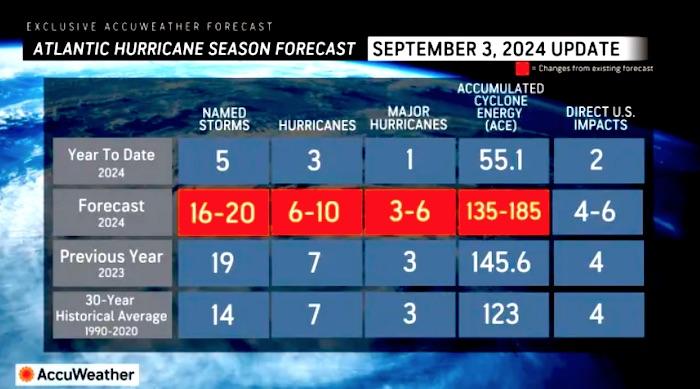As hurricane season ramps up, forecasters are closely monitoring a system that is eerily reminiscent of past destructive storms. The potential threat has raised concerns among experts as they track this ominously familiar weather pattern. Stay tuned as we delve into the latest developments in hurricane forecasting and what it means for vulnerable regions in the path of this looming storm.
Table of Contents
- – Analysis of the Ominously Familiar System Approaching: A Close Look at Potential Threats
- – Experts Provide Recommendations for Weather Preparedness Amidst Growing Concerns
- – Historical Comparison: How Past Hurricanes Can Inform Predictions for the Future
- - The Role of Technology in Enhancing Hurricane Forecasting Accuracy
- Q&A
- In Conclusion
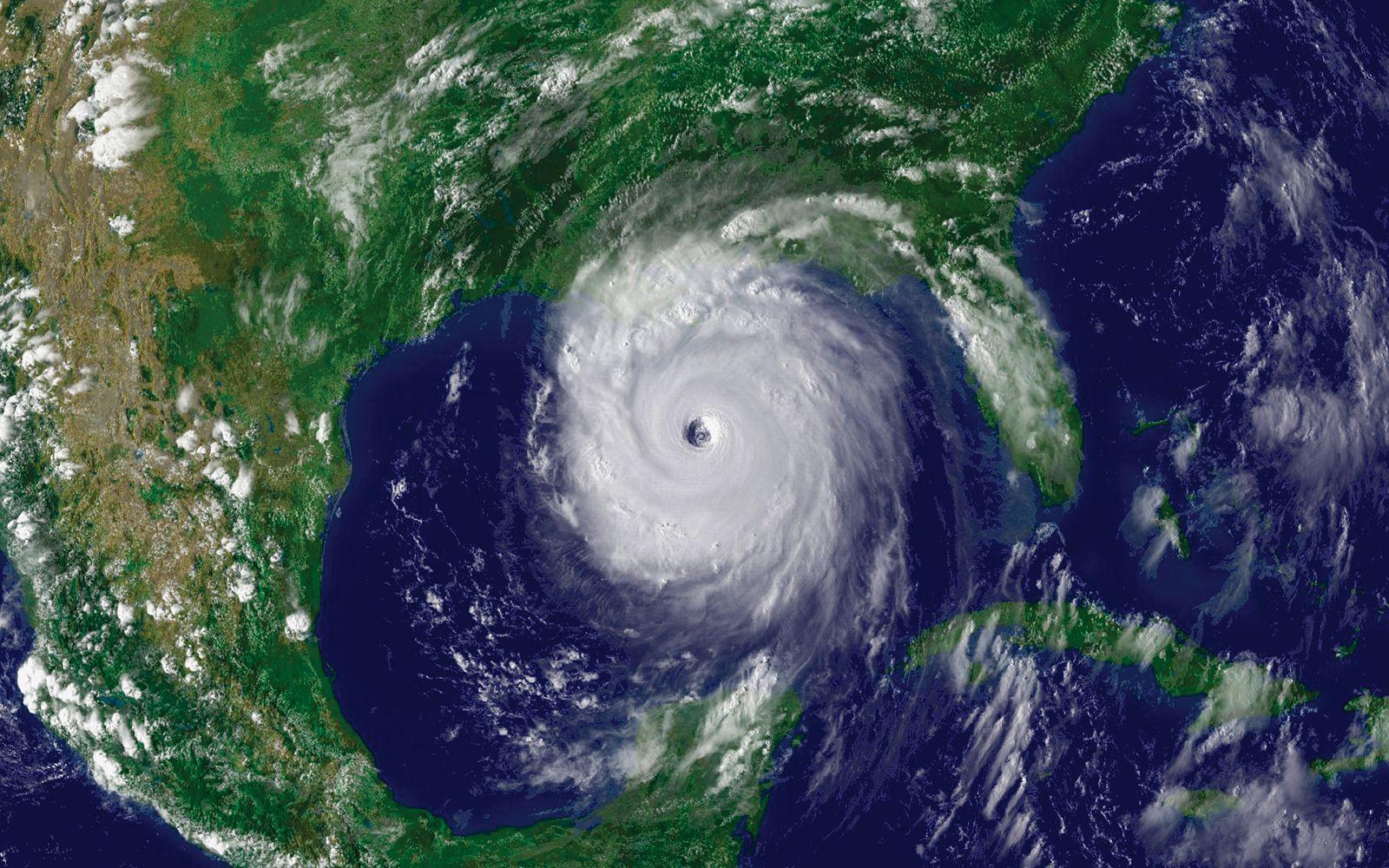
– Analysis of the Ominously Familiar System Approaching: A Close Look at Potential Threats
The analysis of the ominously familiar system approaching is causing hurricane forecasters to keep a close watch on potential threats. As meteorologists track the system’s path, there is concern about the potential impact it could have on coastal regions and communities in its path. With similarities to past powerful storms, there is a sense of urgency to prepare and take necessary precautions to ensure safety and minimize damage.
As experts continue to monitor the system, there are also other weather patterns and disturbances that are being closely watched for potential developments. The combination of multiple systems approaching poses a significant challenge for forecasters and emergency response teams. With the potential for severe weather events on the horizon, it is crucial for residents in vulnerable areas to stay informed and heed any evacuation orders or safety recommendations issued by local authorities.
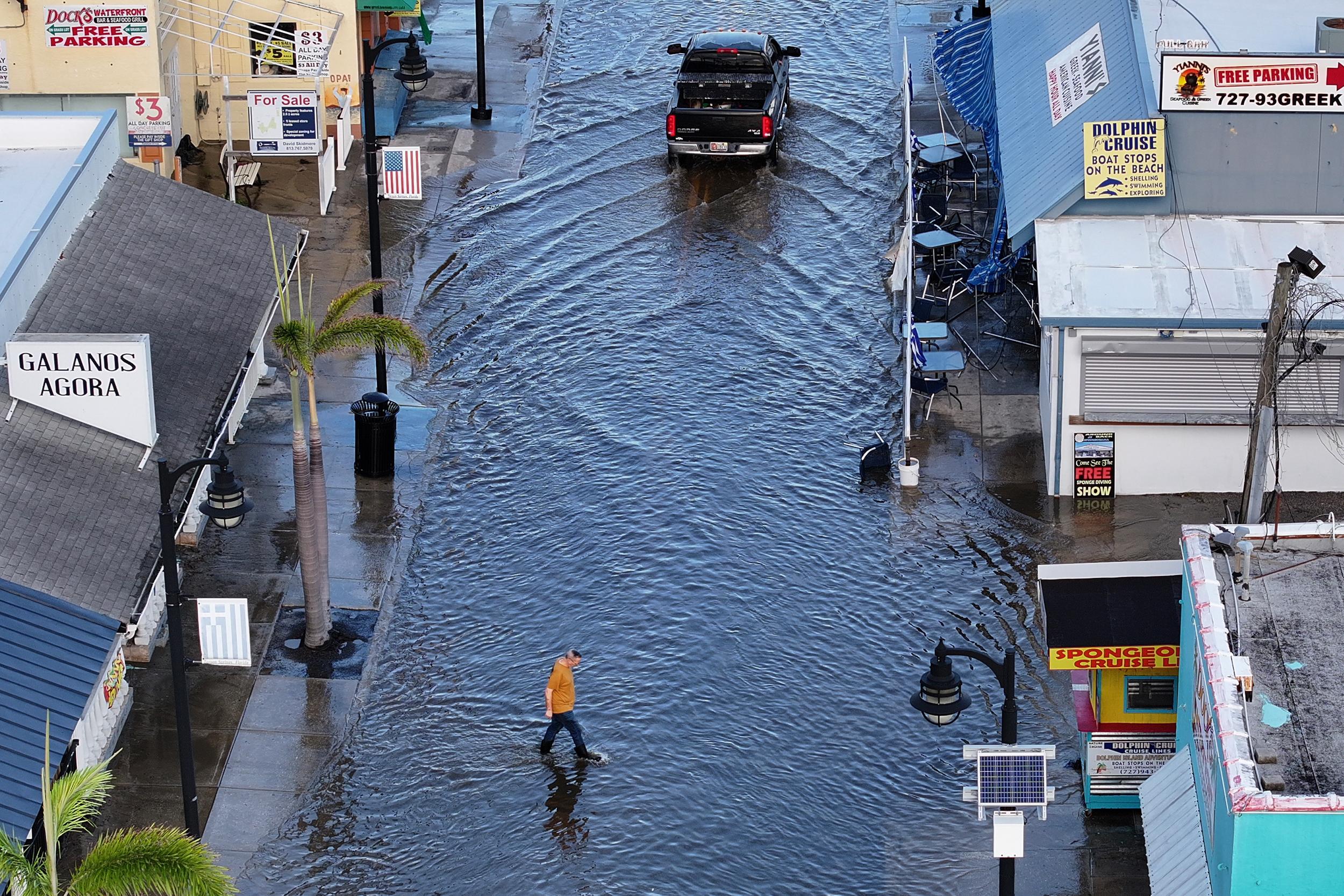
– Experts Provide Recommendations for Weather Preparedness Amidst Growing Concerns
The recent uptick in extreme weather events has prompted meteorologists and experts to provide recommendations for weather preparedness amidst growing concerns. With hurricane season in full swing, forecasters are closely monitoring ominous systems that bear a striking resemblance to past devastating storms. As climate change continues to amplify the intensity and frequency of weather events, being properly prepared is more crucial than ever.
Experts advise taking proactive measures such as creating an emergency kit, staying informed with weather alerts, and having a solid evacuation plan in place. Additionally, ensuring your home is fortified against high winds and flooding can help mitigate potential damage. By staying vigilant and heeding the advice of authorities, individuals can better protect themselves and their loved ones in the face of unpredictable weather patterns.
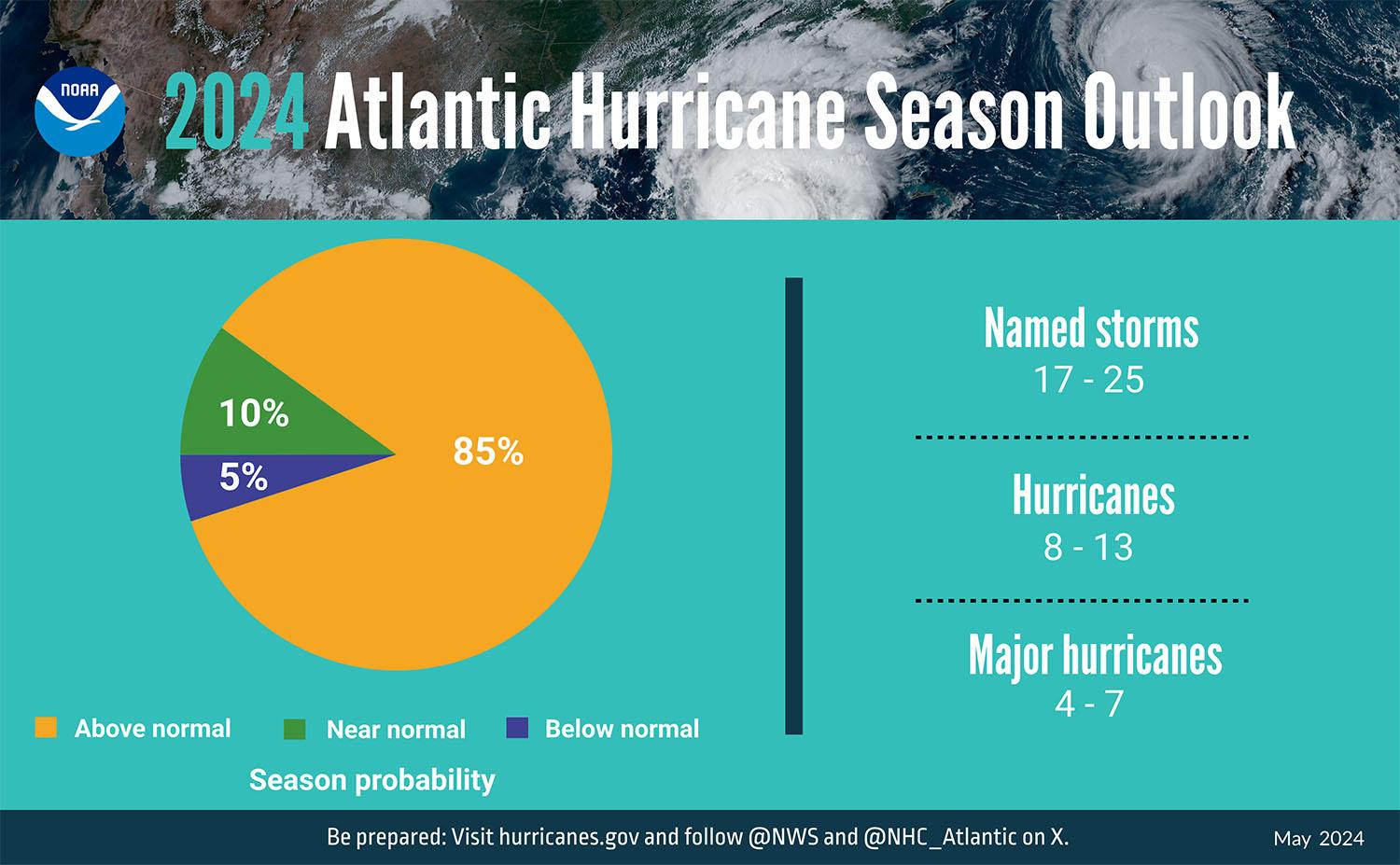
– Historical Comparison: How Past Hurricanes Can Inform Predictions for the Future
As hurricane forecasters keep a close eye on an ominously familiar system brewing in the Atlantic, past hurricanes serve as valuable sources of information to help predict what the future might hold. By studying the paths, intensities, and impacts of historical hurricanes, meteorologists can better understand the potential outcomes of current storms and improve forecasting accuracy.
Examining data from past hurricanes allows forecasters to identify trends and patterns that can inform predictions for the future. By analyzing similarities and differences between previous storms and current systems, meteorologists can make more educated guesses about potential tracks, strengths, and potential risks associated with upcoming hurricanes. Lessons learned from history can help improve preparedness efforts and advance our understanding of these powerful natural phenomena.
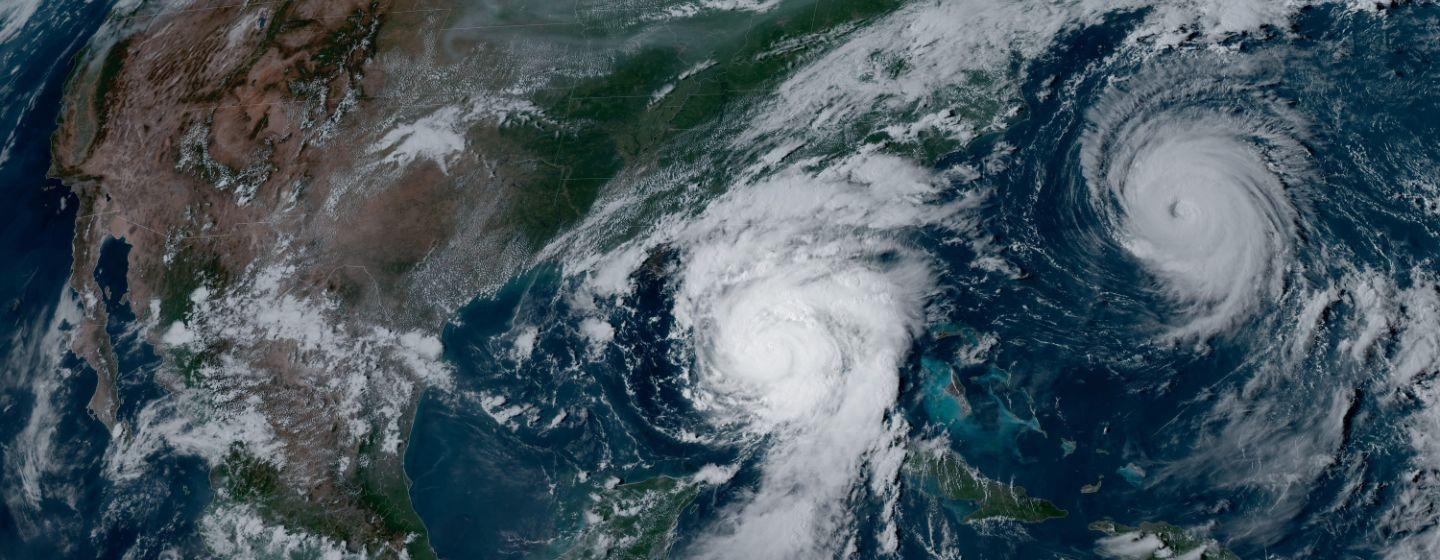
– The Role of Technology in Enhancing Hurricane Forecasting Accuracy
Forecasters rely on cutting-edge technology to improve the accuracy of hurricane forecasting. By utilizing advanced tools such as satellite imagery, computer models, and data analysis, meteorologists are able to track storms more effectively and provide timely warnings to at-risk populations. These technological advancements allow forecasters to better understand the complex nature of hurricanes and make more informed predictions about their potential paths and intensities.
Additionally, the use of drones and other unmanned aerial vehicles (UAVs) has revolutionized how meteorologists gather data on hurricanes. These devices can fly directly into the eye of a storm, collecting crucial information on wind speed, pressure, and temperature. By integrating this real-time data into forecasting models, forecasters can make more accurate predictions about a hurricane’s behavior and potential impact. technology plays a vital role in enhancing hurricane forecasting accuracy and helping to keep communities safe in the face of these powerful natural disasters.
Q&A
Q: What are hurricane forecasters currently monitoring?
A: Hurricane forecasters are currently monitoring an ominously familiar system that has the potential to develop into a major storm.
Q: What is causing concern among forecasters?
A: The system in question is similar in some ways to Hurricane Andrew, which devastated South Florida in 1992. This similarity is causing concern among forecasters.
Q: How does the current system compare to Hurricane Andrew?
A: While the current system is not yet as strong as Hurricane Andrew was at this stage, it has the potential to rapidly intensify and become a major storm.
Q: What other weather events are forecasters keeping an eye on?
A: In addition to the familiar system, forecasters are also monitoring several other weather events that have the potential to impact the United States in the coming weeks.
Q: How are forecasters utilizing technology to track these weather events?
A: Forecasters are utilizing advanced technology such as satellites, computer models, and drones to track and predict the paths of these weather events with greater accuracy than ever before.
In Conclusion
As hurricane forecasters keep a close eye on an ominously familiar system brewing in the Atlantic, the potential for more intense storms looms over the United States. With the peak of hurricane season approaching, preparation and vigilance are key in ensuring the safety and well-being of our communities. Stay informed, stay prepared, and stay safe as we continue to monitor the evolving weather patterns. Thank you for reading USA TODAY.
